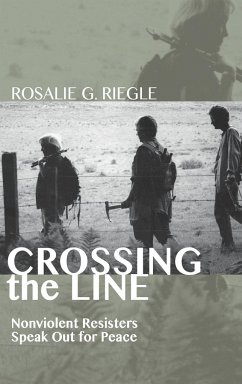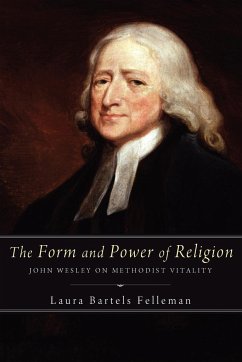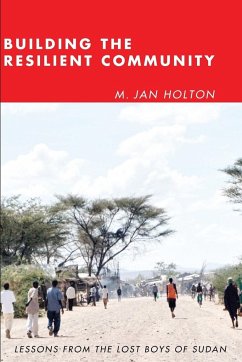""'Of course, let us have peace,' we cry, 'but at the same time let us have normalcy, let us lose nothing, let our lives stand intact, let us know neither prison nor ill repute nor disruption of ties . . .' There is no peace because there are no peacemakers. There are no makers of peace because the making of peace is at least as costly as the making of war--at least as exigent, at least as disruptive, at least as liable to bring disgrace and prison and death in its wake."" Daniel Berrigan, No Bars to Manhood More than sixty-five peacemakers have contributed oral narratives to this compelling history of those who say no to war making in the strongest way possible: by engaging in civil disobedience and paying the consequences in jail or prison. Crossing the Line gives voice to often neglected social history and provides provocative stories of actions, trials, and imprisonment. This fascinating volume serves as an excellent supplement to conventional histories. Almost all the storytellers here are people of faith or are inspired by those who live by faith. Many work at conventional careers; some do full-time peacemaking by living in Catholic Worker houses or in the Jonah House community; several are priests and nuns who minister worldwide. Also featured are three resisters prominent in War Resisters League history. From World War II conscientious objectors to contemporary activists, these narrators have refused to be helpless in the face of a violent world, and have said with their bodies that they do not accept the status quo of permanent war and war preparation. In short, the voices illustrate hope at a time when it seems in short supply.
Hinweis: Dieser Artikel kann nur an eine deutsche Lieferadresse ausgeliefert werden.
Hinweis: Dieser Artikel kann nur an eine deutsche Lieferadresse ausgeliefert werden.








